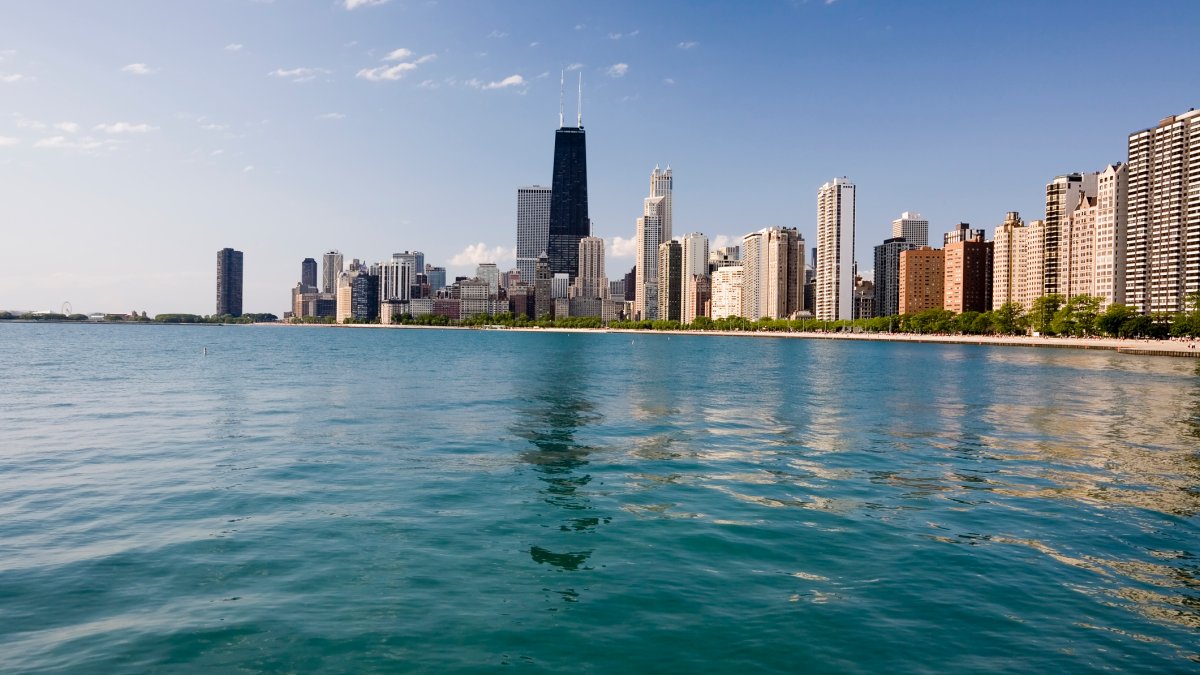Elgin residents concerned about the taste and smell of their water don’t need to worry – the water is safe to drink, according to city officials.
Questions over the city’s strange-smelling water have been circulating on social media recently but Elgin’s Water Director said the water is “perfectly safe.”
Kyla Jacobsen said the changes in the water are the result of algae biosynthesis, which can create a powerful odorant as a byproduct.
Jacobsen said algae outbreaks are a common occurrence in the area, but it’s difficult to predict when the odorant could hit area water supplies.
“We have algae every year in the summertime but we cannot predict when this taste and odor event is going to happen,” she said.
The most recent notable incident occurred in May 2013, but the last time the area saw one this powerful was July 1996, Jacobsen said.
“While we do see it to some level every year we don’t see it to this proportion every year,” she said.
Local
According to the Village of Sleepy Hollow, which gets its water supply from Elgin, additional carbon has been added to the water in an effort to fix the taste and odor problem, which they called “an aesthetic issue.” The water has also been diluted, but because the event is so strong, it is taking time to clear up.
“It’s detectable to people at less than 5 parts per million,” Jacobsen said, noting that not everyone can smell the odor. “We’re detecting it at levels like 67, 70 parts per million.”
City officials said the issue has been steadily improving over the last week, but it’s not clear when the water will return to normal.
Still, many have taken to social media to express their concerns.
Jacobsen said part of the extra worry is due to water issues in Flint, Michigan. But according to the Centers for Disease Control and Prevention, “you cannot see, taste or smell lead in drinking water.”
“People have lost faith in public water systems just because of the Flint, Michigan thing,” Jacobsen said.
Adding to the confusion, city officials said the Illinois Environmental Protection Agency and Department of Health have released warnings of toxic algae forming on Illinois lakes and rivers.
"The toxicity to which these warnings refer to occur from direct contact with the algae, and not from treated drinking water which has algae present," the city posted on social media. "There is no risk of such toxins in water that is processed in the city's treatment plants."



